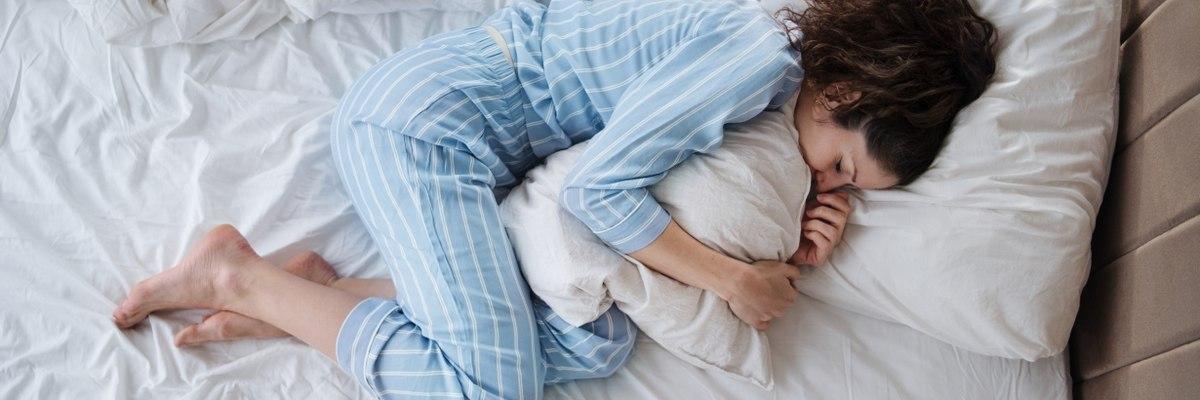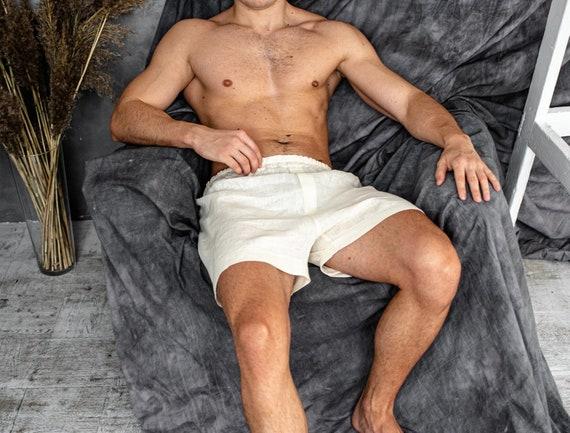When it comes to nighttime attire, the age-old debate of underwear versus no underwear has quietly simmered in bedrooms worldwide. What might seem like a personal choice rooted in comfort or habit could actually have surprising health implications that most people never consider. From potential risks to unexpected benefits, the way you dress—or undress—for sleep might be more consequential than you’ve ever imagined. As medical professionals peel back the layers of this intimate topic, they reveal insights that could make you rethink your nocturnal wardrobe decisions. Sleep attire often sparks heated debates among health enthusiasts and comfort seekers alike. Medical professionals have weighed in on the age-old question of nighttime wardrobe choices, revealing surprising insights that might make you reconsider your current sleeping routine.
For those who prefer sleeping without underwear, there’s a compelling argument supporting this choice. The human body requires proper ventilation, especially in intimate areas. Sleeping commando allows skin to breathe, reducing moisture buildup that can lead to bacterial growth and potential infections. Gynecologists particularly emphasize the importance of letting reproductive areas remain dry and cool during nighttime hours.
Conversely, wearing underwear isn’t without its merits. Individuals concerned about potential nighttime accidents or those with specific medical conditions might find comfort and protection in lightweight, breathable undergarments. Cotton underwear emerges as the top recommendation, offering optimal air circulation and moisture-wicking properties.
Temperature regulation plays a crucial role in sleep quality. Some medical experts suggest that the type of underwear worn can significantly impact body temperature. Tight, synthetic materials can trap heat and cause discomfort, while loose-fitting, natural fabric options provide better temperature control and reduce the risk of skin irritation.
Hygiene remains a paramount consideration. Dermatologists recommend changing underwear nightly if you choose to sleep in them. Accumulated sweat, bacteria, and dead skin cells can create an environment ripe for potential health issues. For those sleeping without underwear, ensuring clean bedding becomes equally important.
Men and women experience different physiological considerations. Male reproductive health benefits from looser, breathable nightwear that prevents excessive heat accumulation. Women might find that avoiding tight underwear helps prevent yeast infections and maintains optimal vaginal pH levels.
Individual health conditions, personal comfort, and specific lifestyle factors ultimately determine the most suitable sleeping attire. Individuals with skin sensitivities, recurring infections, or specific medical concerns should consult healthcare professionals for personalized advice.
Climate and bedroom temperature also influence the decision. Warmer environments might favor more minimal sleeping attire, while cooler settings could necessitate additional coverage. Personal comfort should always be the primary consideration.
The debate extends beyond simple preference, touching on complex health considerations. Whether you’re a committed commando sleeper or a devoted underwear enthusiast, understanding the potential health implications can help you make more informed choices about your nighttime wardrobe.







